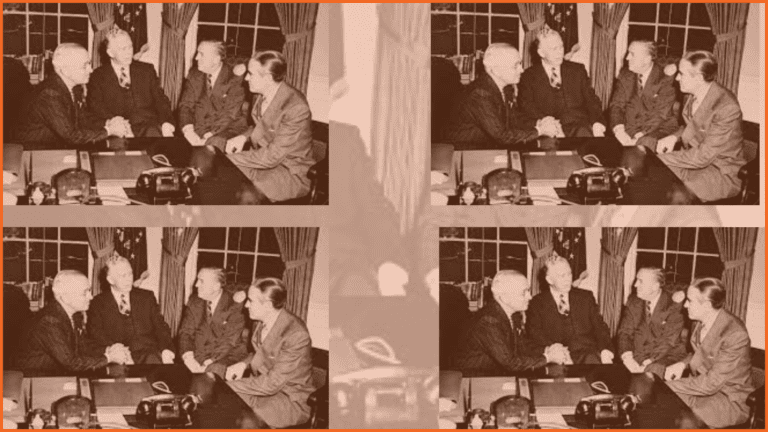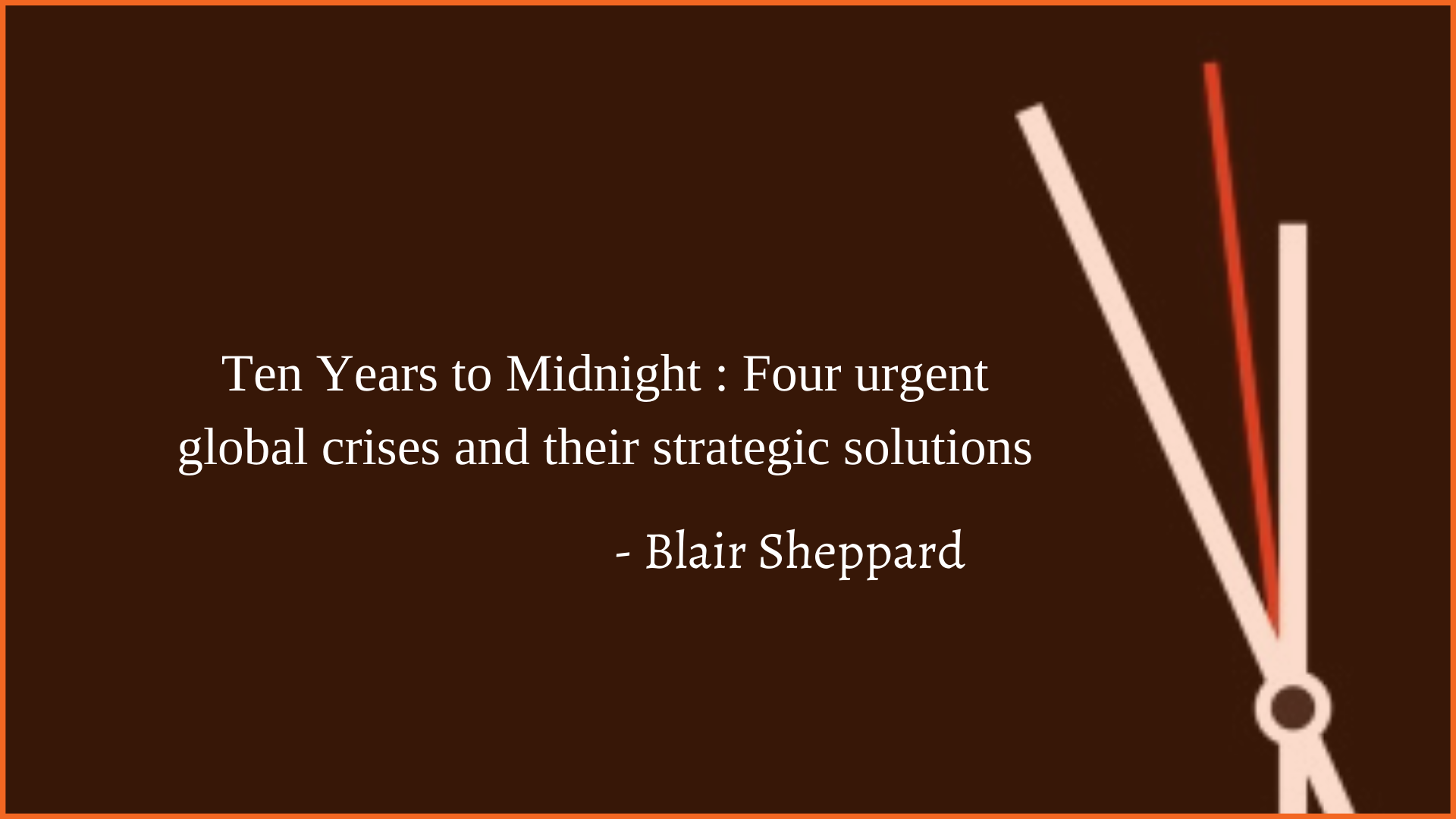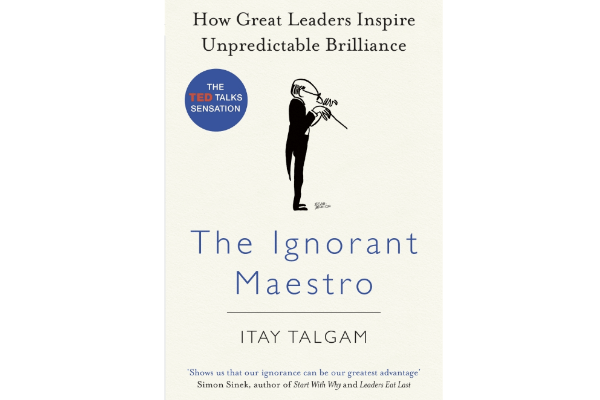Blair Sheppard – Global Leader, Strategy & Leadership at PwC released his ‘Ten Years to Midnight’ book back in August 2020. And after almost two years of a global pandemic, it remains as relevant as ever. The book talks about a supposed timelines of 10 years that the world leaders have before it’s too late. The timeline focuses on 4 urgent global challenges and possible strategic solutions for them. Sheppard urges leaders to act fast, even as the the 70 years long social-economic progress triggered by the Marshall Plan unravels in front of their eyes.
What is the Marshall Plan?
Table of Contents

Formerly known as the European Recovery Plan, the Marshall Plan was originally proposed by the US. Announced post World War II, it was intended to help rehabilitate the economy of over 17 Western and European countries. This plan was put in place to ensure that democratic institution could thrive.
On June 5, 1947, in an address at Harvard University, Secretary of State George C. Marshall advanced the idea of a European self-help program to be financed by the United States, saying, “The truth of the matter is that Europe’s requirements for the next three or four years of foreign food and other essential products—principally from America—are so much greater than her present ability to pay that she must have substantial additional help or face economic, social, and political deterioration of a very grave character.”
– Britannica.com
What crises await us?
Sheppard believes that after 70 years, the Marshall Plan has finally unravelled completely. And, leaders across the world have but just 10 years to prepare and solve four global crises knocking at our collective doors. He describes them as the following –
1. Prosperity
With the increasing income gap between the different classes within society, there is a sharp downfall in the quality of decisions made by the struggling middle class. The young are facing poor life choices and a chunk of people facing retirement have no savings to fall back upon.
2. Technology
With the unprecedented and unchecked technological advancement, the consequences are bound to be catastrophic. From social-economic to environmental impact, the negative consequences need to be acknowledge and monitored. Preventative measures need to out in place soon to prevent a complete breakdown of the society as we know it.
3. Fall of the ‘old guard’
As innovation takes over, old and established traditional institutions are struggling to stay upright and maintain their legacies. And, instead of adapting at a feasible pace, many of them are bucking under the pressure.
4. Leadership
With unforeseen challenges raising their ugly head every other day, leaders are struggling to find their footing. Many of them fail to look at the bigger picture, and are rather focused on narrowed priorities. A lack of efficient and robust leadership can lead the entire world to a ruinous future.
What can we done?
Sheppard then goes on to talk about what can be done, and the role of leaders in inspiring a new direction for the rest of the world. He sheds light on 6 seeming leadership paradoxes and how these can help solve the riddle that befalls us all. These include –
1.Strategic execution

Leaders looking to lead their teams to new height of success and leave their mark, first and foremost need to know the direction they want to go in. They also need to visualise what their place in this ever-changing and fast paced business world, should be. Strategic competency is indeed, the need of the hour.
However, what’s even more important than having an effective strategy in place, is its efficient execution. Often, leaders cna come up with highly impactful and inspiring strategies. But, when it comes down to the seamless execution of the same, they often fall short. This happens when leaders fail to own the transformation needed to take their company forward.
“Be the change you want to see in the world – Mahatma Gandhi”
Leaders need to get adept at making quick operational decisions, and adapt with each new challenge. Furthermore, the ever evolving digital world demands an enhanced level of execution efficiency. This is because it is getting easier to push the boundaries on what’s possible.
2. Humility as a superpower
The digital age requires leaders whoa re fearless and willing to take bold decisions. And yet, at the same time, these heroes need to be humble enough to accept their limits. They need to acknowledge that there’s a lot they don’t understand and hire experts, accordingly.
Being a leader is not about doing it all yourself, but rather it’s about finding the right group of people and empowering them to achieve your collective vision. Humility allows leaders to accept their shortcomings and work to turn them into strategic advantages.
3. Embracing technology with care

Gone are the days when leaders could completely delegate the technological aspects of the organisation to the concerned team. In the ever evolving, and digitally driven business world, leaders need to embrace technology as a second skin. They need to learn and adapt to the available resources and apps to lead efficiently. Leaders who embraced the remote work landscape sooner, managed to turn around things for their team even in the midst of a pandemic struck market.
However, at the the same time, leaders need to take care of the humane side of technology. They need to remind themselves at the end of the day, it is about the people in their teams. Technology may be able to help people achieve unprecedented feats, but it is the people behind the screen who matter the most. Remote and hybrid work brings with it it downs et of challenges. And many of these impact the mental health and emotional wellness of the team members. Thus, leaders looking to inspire their team to achieve the impossible, need to work hard to strengthen inter-personal relationships. They need to learn the et of effective empathy and ensure that their team feels valued and heard.
4. Innovation rooted in traditions
‘When in doubt, stick to the tried and tested.’
And yet, the rapidly evolving digital world demands innovation and out-of-the-box thinking. So, how can leaders help their teams cope with the uncertainty of the unpredictable market conditions? The answer can be described best in the words of Simon Sinek, ‘Find your why?’
The value of an anchor for teams and organisations has become more profound in the midst of a pandemic induced turmoil. Leaders and organisations who managed to let their values guide them have fared better than others. Values, individual and collective, can provide the much needed anchor to help teams sail through rough waters, time and time again.
Thus, for leaders looking to guide and inspire their teams upward and onwards, need to root themselves in the values represented by the organisation. Companies who walk the walk when it comes to values based decisions are bound to sustain long-term success. Values also act as the bonding agent for teams rich in diversity. It makes decision making easier in the face of multiple options and leads to enhanced productivity.
5. Intelligence with Integrity

In a world where global boundaries are rapidly dissolving, large scale collaboration has become more important than ever. Leaders need to approach, negotiate with, and effectively collaborate with clients and stakeholders with diverse backgrounds and mindsets. Managing to achieve a favourable outcome in such diverse negotiations is an art. And it requires a balance of intelligent politics and integrity. Deals made at the cost of values are bound to fail in the long run. At the same time, outcomes that are not strategically thought out in the favour of just human values would also fail to have productive outcome.
The delicate balance between being a shrewd negotiator and a leader driven by ethics and authenticity can be a trick one to manage.But, its importance remains non-negotiable. Perhaps the best example of this would be companies invested in data management. Clients and customers would only be willing to share privileged data with companies when they can trust them, and their leaders. In a data-driven economy where everything is available digitally, trust and integrity will reign supreme.
6. Global mindset with local roots
It goes without saying that we are living in the age of globalisation with digital advancements erasing and and almost all boundaries. Companies and leaders, are forced to push their boundaries and cater to the global needs of their clients. And yet, it is equally important for leaders to be acutely aware of the individual customer needs and preferences. This includes a well-educated awareness of the individual ecosystems that companies are catering to. A single strategy will fail to effectively impact a pool of diverse clients.
Thus, leaders need to do the due research every time dealing with a new client or eco-system. A personalised approach will not only allow for effective results, but establish the superiority of their customer service, thus having a long term impact on their success.
Conclusion

The above mentioned list remains limited in its nature. And yet, we believe that these key points can help leaders and companies find their footing in an ever-changing digital world. Furthermore, it can help world leaders take counter measures just in time for Sheppard’s deadlines.
I would love to hear your thoughts on the points discussed. And, if you feel that there are points that should also be included in this list, please write to me. You can reach out with your feed-forward and insights @deeksha ( deeksha@focusu.com )










